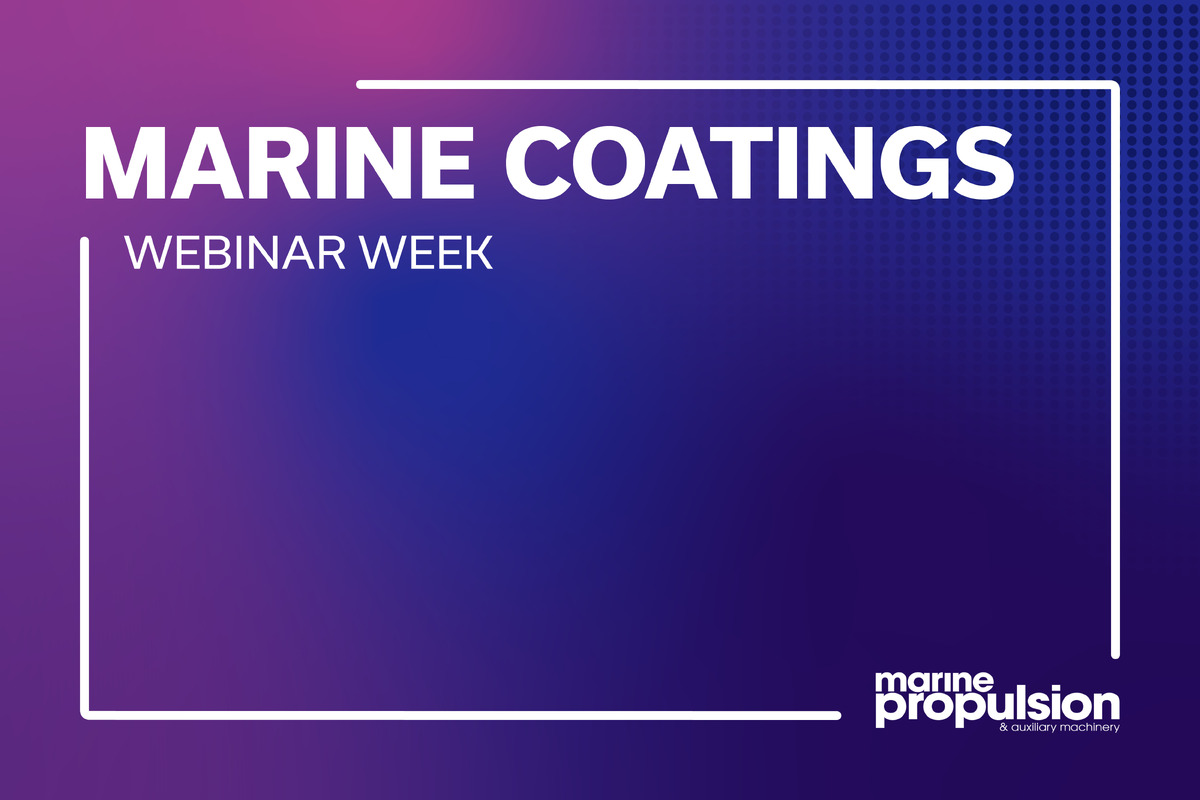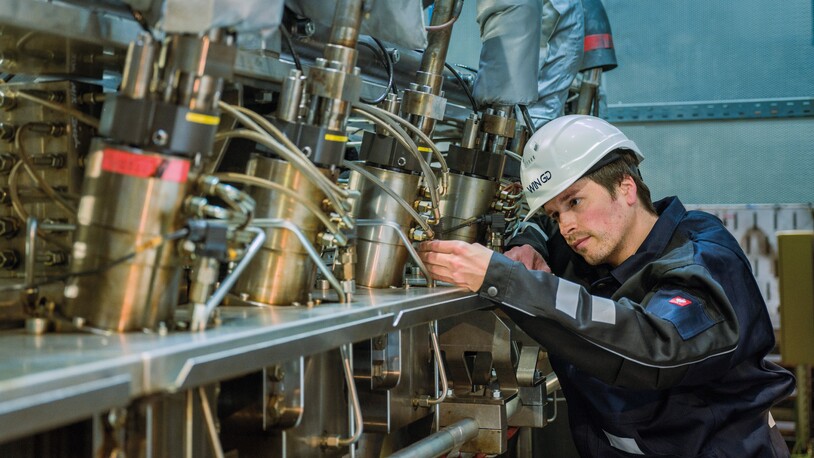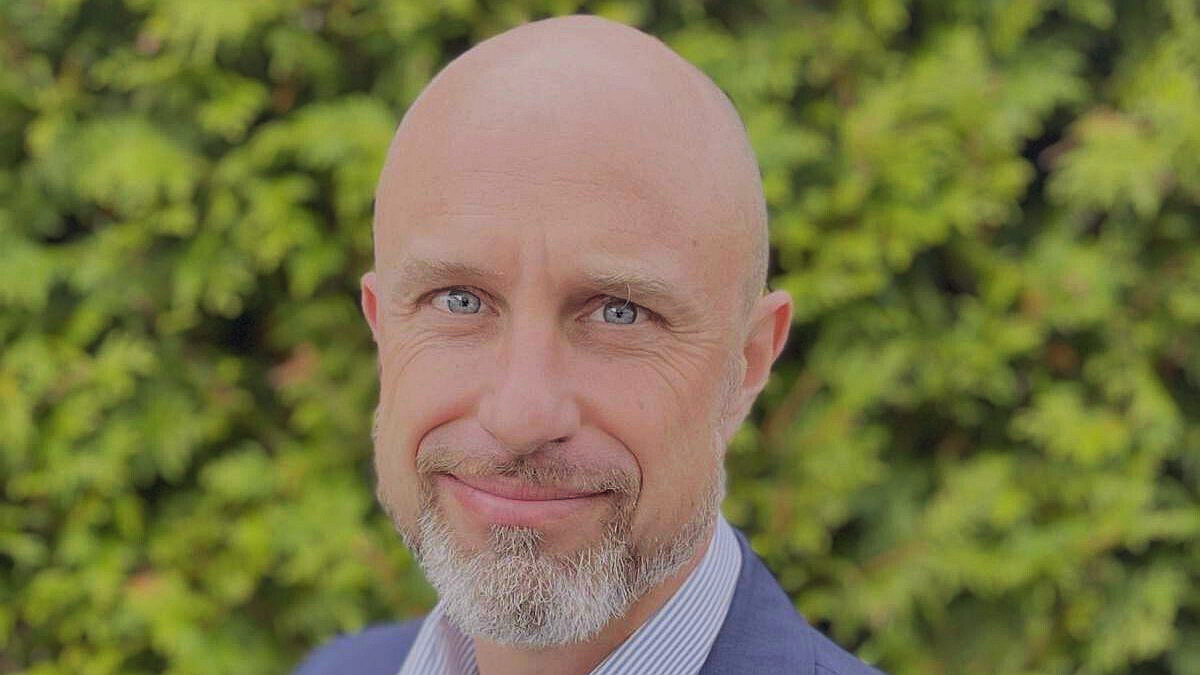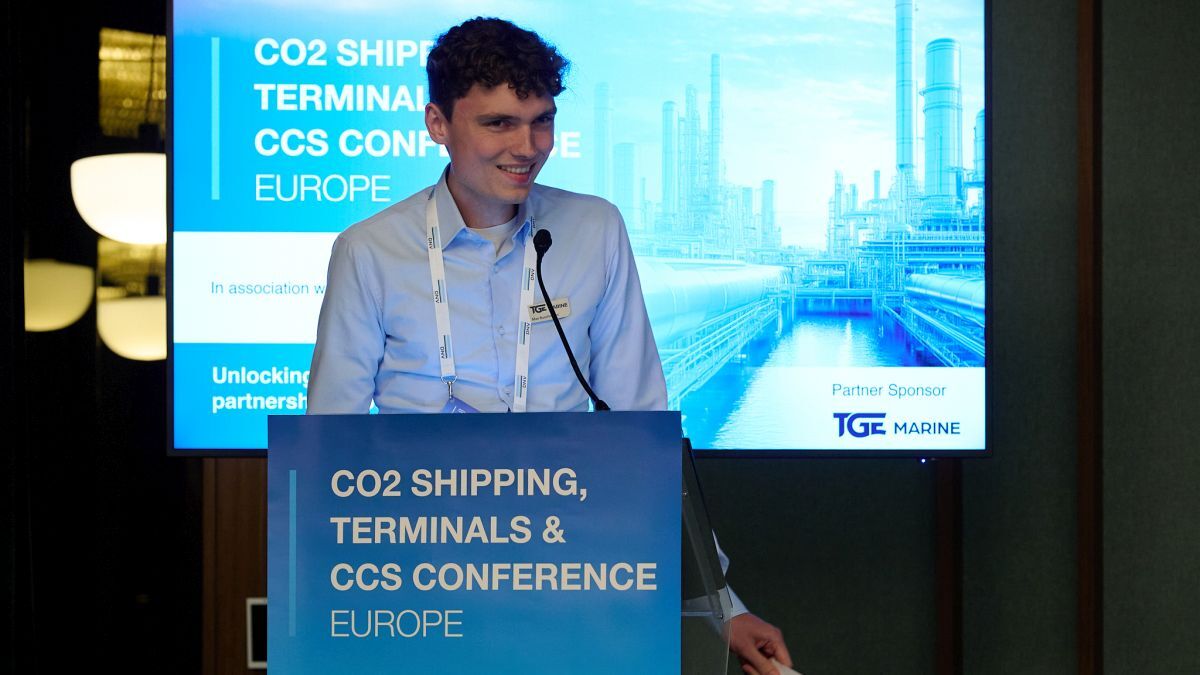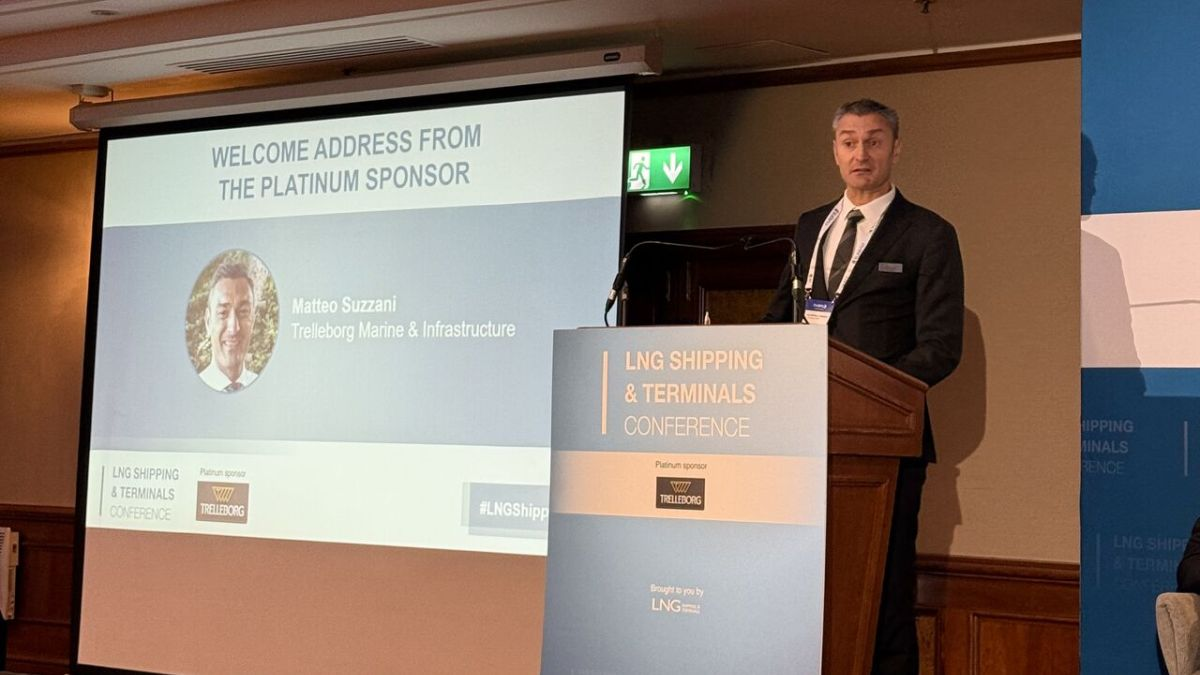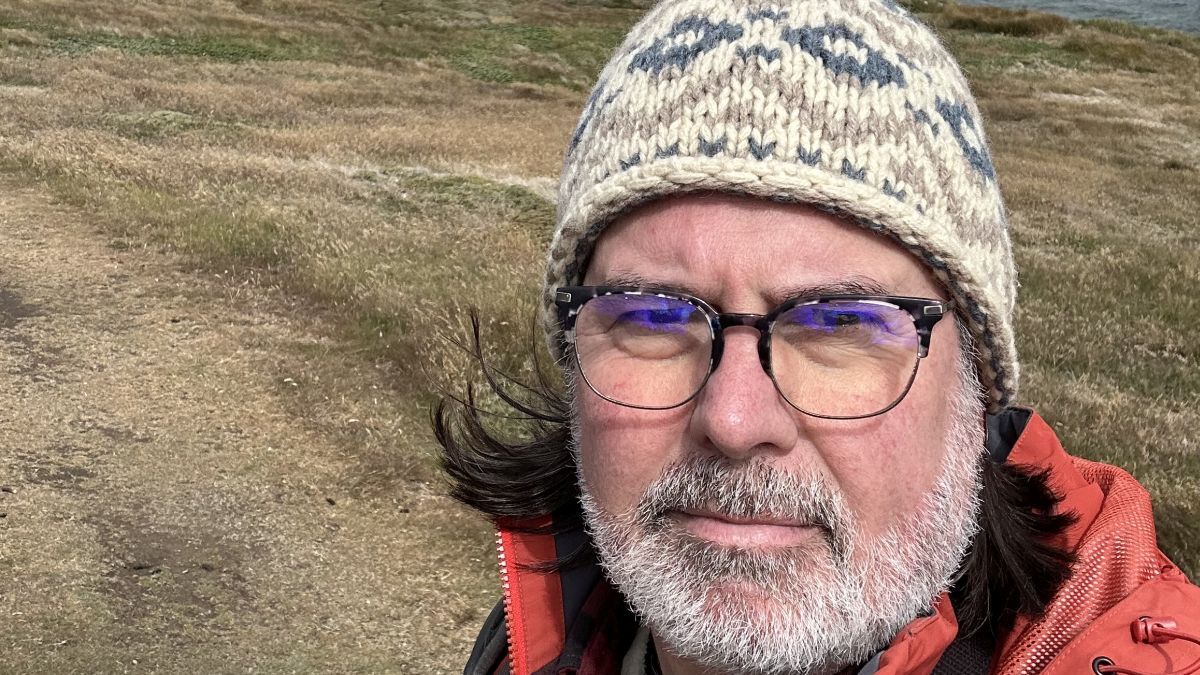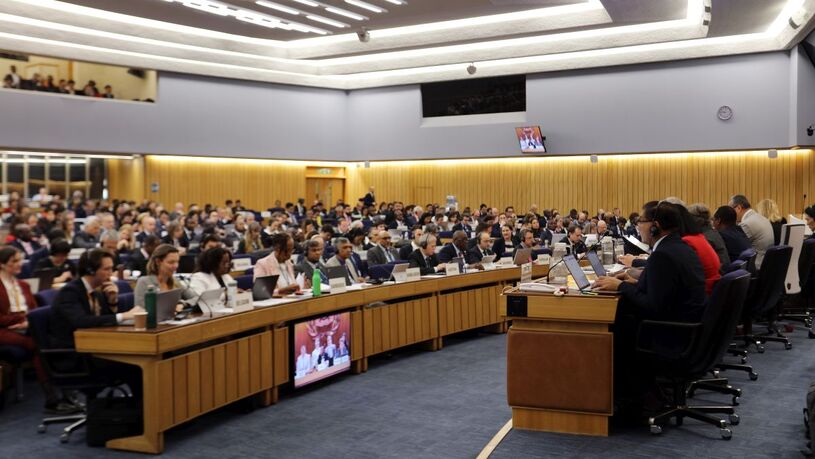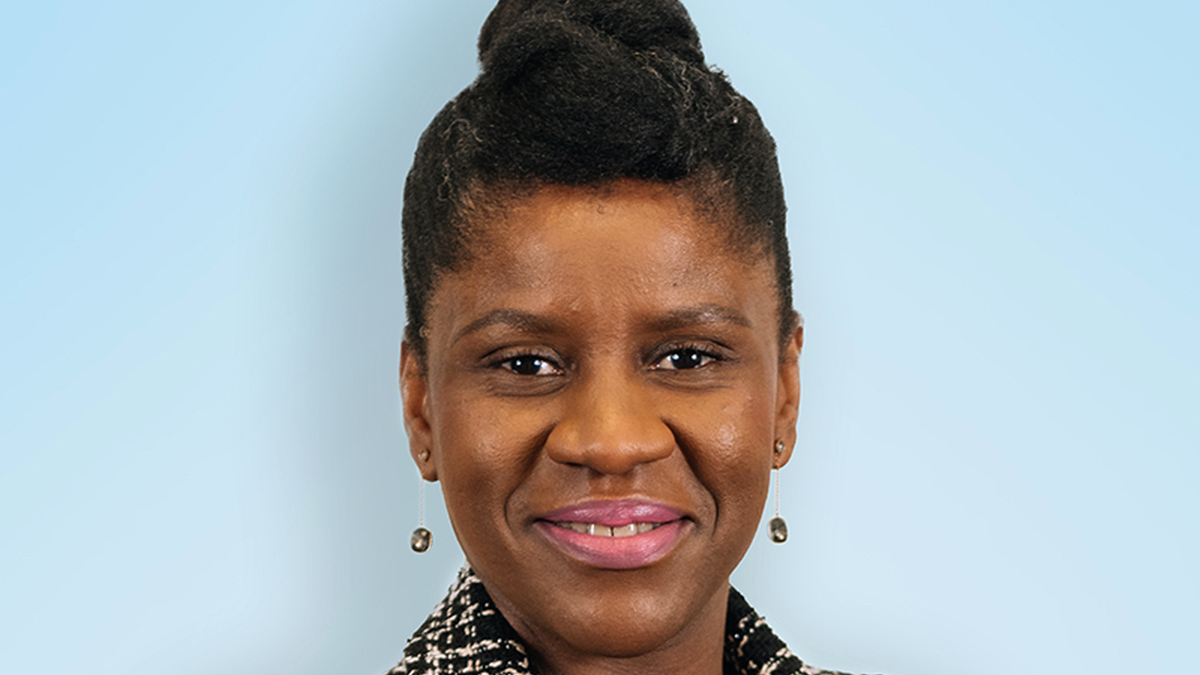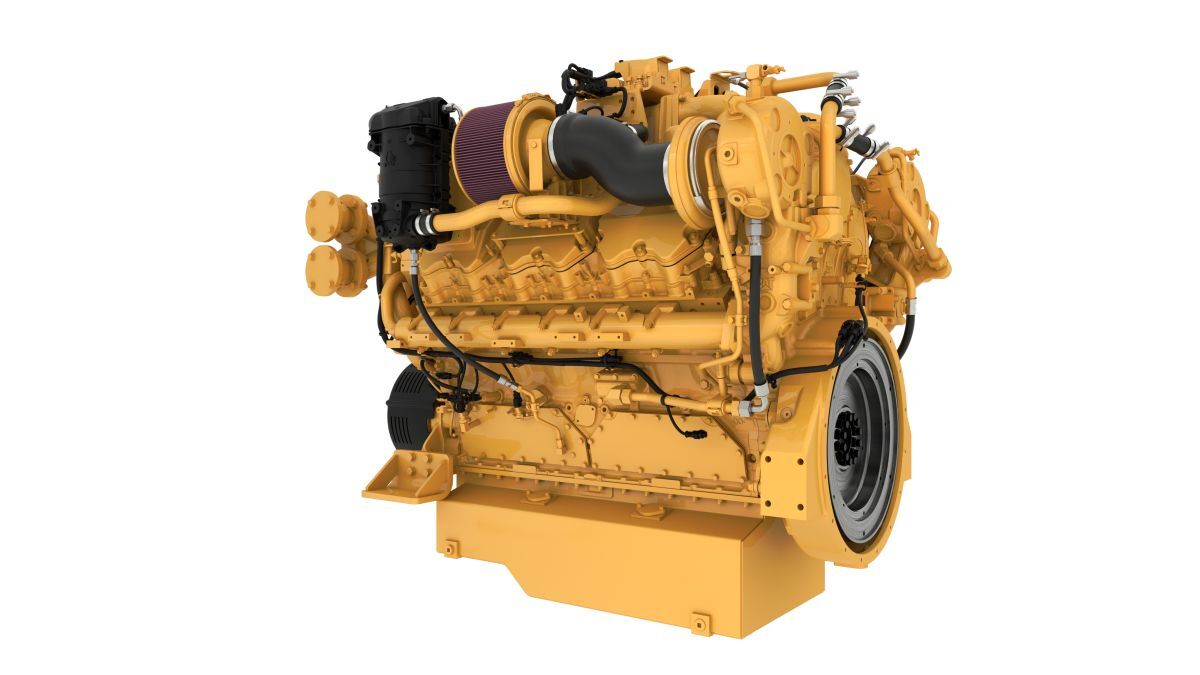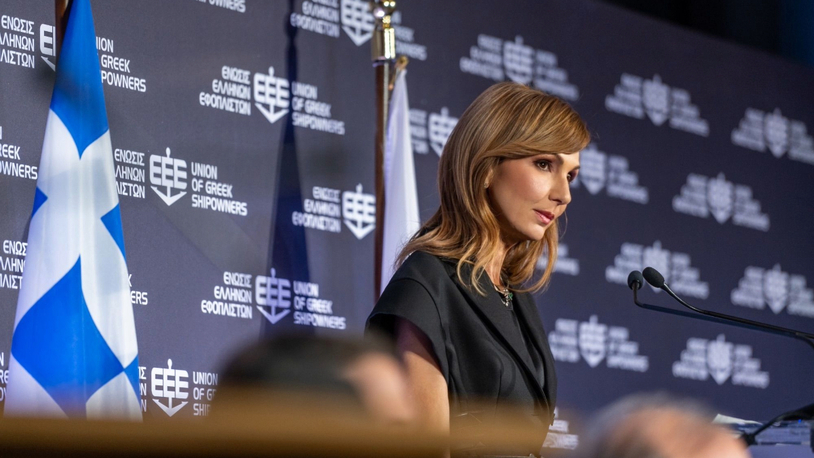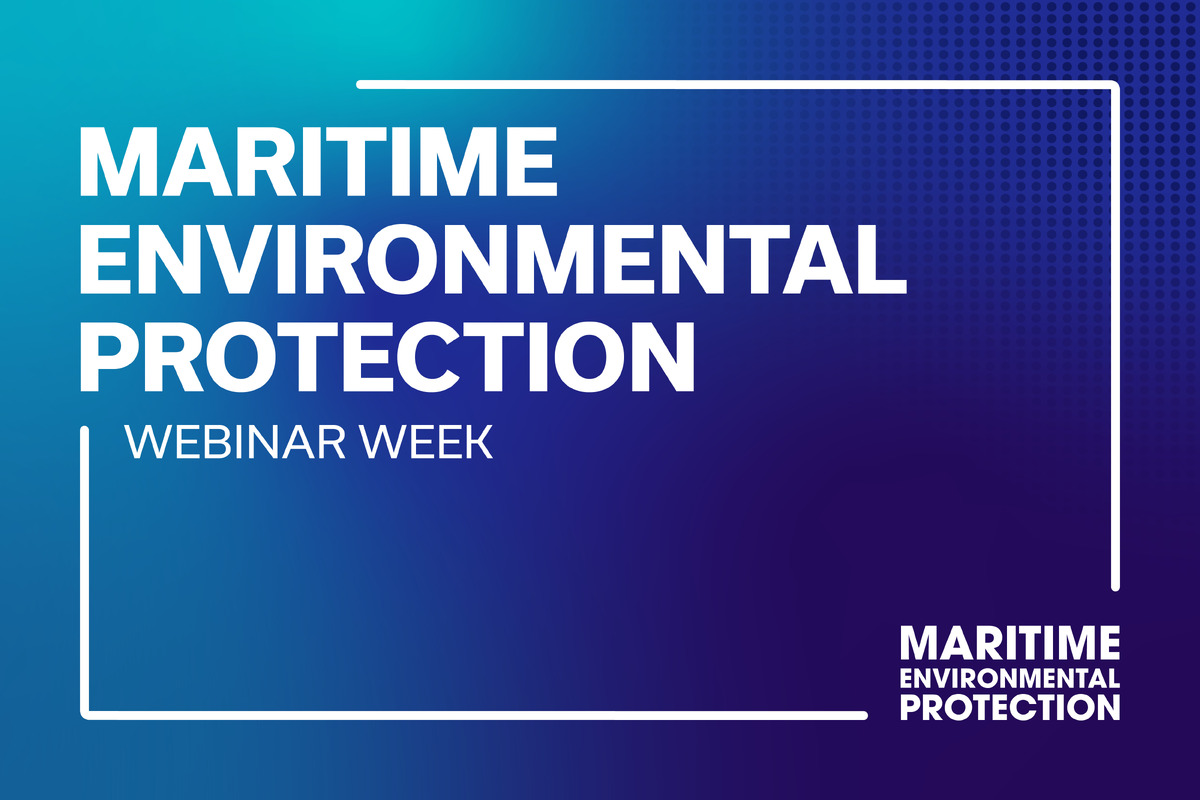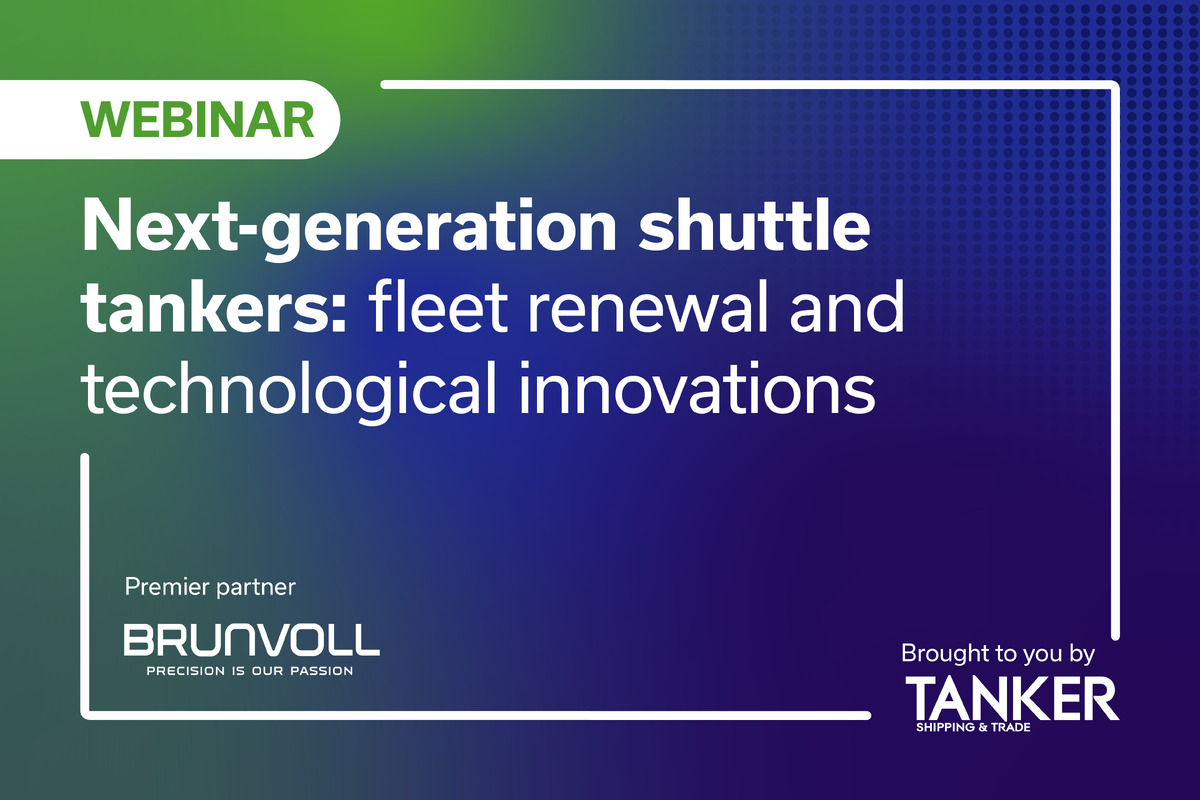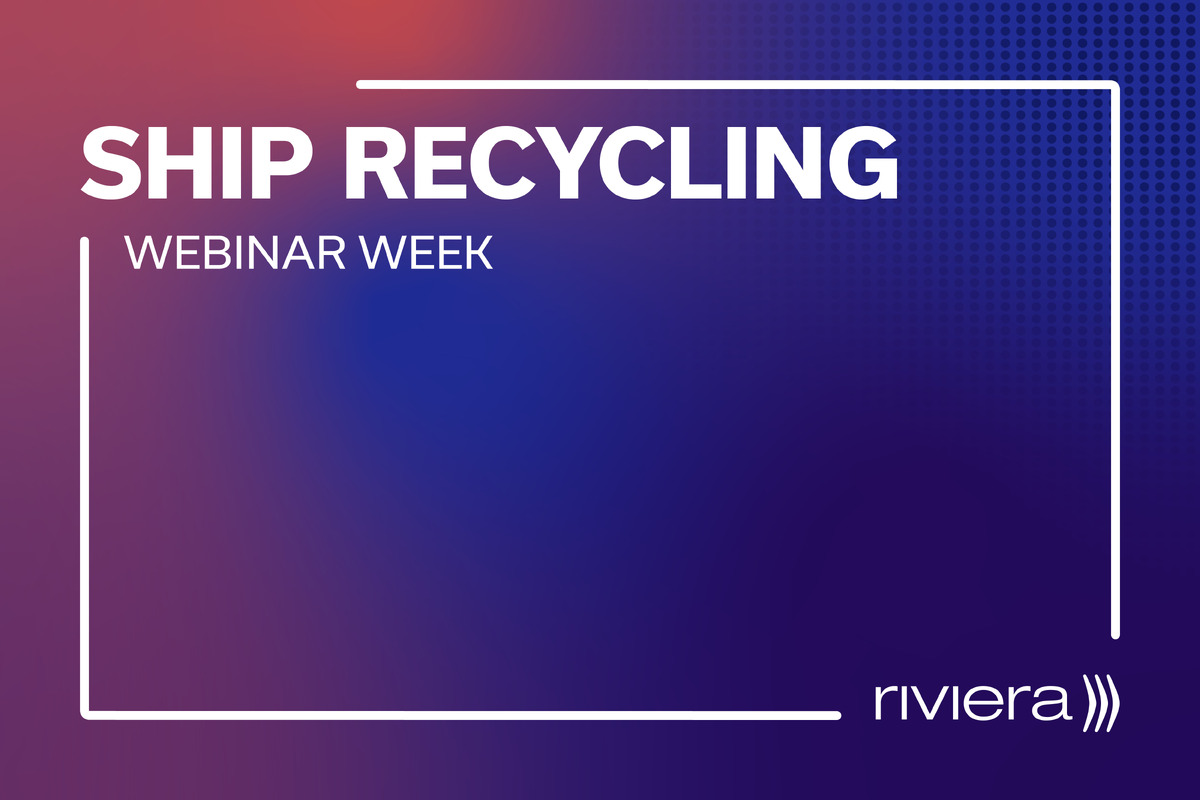Business Sectors
Events
Marine Coatings Webinar Week
Contents
Register to read more articles.
Papers submitted for consideration at MEPC 77
The Marine Environment Protection Committee meeting 77 (MEPC 77) has received submissions on the experience-building phase from Canada, ICS, BIMCO, INTERTANKO, INTERCARGO, South Korea, IACS, Denmark and Germany, India, and Brazil
On 7 July 2017, through resolution MEPC.290(71), the experience-building phase (EBP) was adopted in association with the International Convention for the Control and Management of Ships’ Ballast Water and Sediments, 2004 (BWM Convention).
Phase 1 includes a trial of methods for assessing compliance with the Convention’s standards, during which parties are urged to refrain from penalising ships solely on the basis of these standards. The first stage, data gathering, is now ending.
Preparations are now underway for the subsequent data analysis and BWM Convention review stages. The EBP, and its non-penalisation provision, is set to conclude upon the adoption of a package of critical amendments to the Convention, should this be required.
Below is a summary of some of the common issues and analysis that were observed during phase 1 of EBP gleaned from the papers submitted to MEPC 77:
Date of mandatory implementation of commissioning testing
South Korea and IACS have submitted a paper (MEPC 77/4/6 – IACS also submitted a separate paper on this issue - MEPC 77/4/11) asking for an exact interpretation of the date for mandatory implementation of commissioning testing, noting that the current wording is unclear and open to interpretation. This wording includes, “…on the "actual completion date" of the applicable surveys for installation of ballast water management system (BWMS), "construction (the keel is laid) date" on or after 1 June 2022, "date of reception for a survey application" for installation of BWMS or "date of commencement of the commissioning testing".
MEPC 77 is asked to consider the following interpretation:
“Irrespective of new ships under construction subject to regulation E-1.1.1 or existing ships retrofitting BWMS(s) on board subject to regulation E-1.1.5, the commissioning testing of individual BWMS taking into account the guidelines developed by the Organization* should be conducted if the initial or additional survey is completed on or after 1 June 2022. If the initial or additional survey is completed before 1 June 2022, the commissioning testing of individual BWMS remains subject to the specific requirements of the Administration(s).”
Sampling
Canada (MEPC 77/4/3) found that BWMS samples met the performance standard for the ≥10 μm to <50 μm organism size class - 100% of 38 discharge samples but did not consistently meet the performance standard for the ≥50 μm organism size class, but the number was markedly reduced (MEPC 77/4/3).
Canada also found that compared with ballast water exchange, nearly five times more discharges could be made before a new species was observed, rising to 165 times more under ideal BWMS condition.
Training of inspectors
However, BWMS sampling required the intervention of a scientific team to ensure correct procedure and BWMS sampling takes too long compared with other PSC activities which was also echoed by Brazil (MEPC 77/4/10).
Activity was also hampered by non-standard sampling ports found on some BWMS, requiring non-standard equipment and that indicative analysis devices required a high degree of training and there is uncertainty of errors at the margins of the standard.
As with the Canada submission, Brazil has found the inspections take too long compared with other PSC activities and inspectors found the size and weight of the equipment required was cumbersome.
Brazil found that crew that carried out BWE + BWT felt more confident with the compliance than the crew that conducted only BWE. The question of the interpretation of challenging water also arose. (MEPC 77/4/10).
Extend the experience building phase
ICS, BIMCO, INTERTANKO, INTERCARGO have submitted MEPC 77/4/7 which is a proposal to extend the EBP by two years as a minimum, ie until Q3 2024.
Challenging water
Germany and Denmark have proposed a more BWMS-specific approach for ships operating at ports with challenging water quality as part of the experience-building phase. This a difficult to quantify issue, “For example, situations in ports/locations that may be considered challenging for a UV system in terms of turbidity would not automatically be challenging for a BWMS making use of active substances,” noted the two countries in MEPC 77/4/8. This was echoed by other submissions, including that of Brazil.
Brazil has submitted a report on the status of ongoing studies in Brazil during the experience-building phase regarding the implementation of the D-2 standard and comments on the use of BWE + BWT in ports with challenging water quality.
Ballast Water Record Book entries
India has asked MEPC 77 to consider the problem with the interpretation of the Ballast Water Record Book entries provided in appendix II of the BWM Convention by developing a revised BWRB using Form, List of Items to be recorded in Code (letter) and Item (number) format, similar to that of the Oil Record Book. India also supports the notion of extending EBP by two years. (MEPC 77/4/9)
Did you miss the last Ballast Water Webinar Week? Sign up here to access the webinar library
Related to this Story
Events
Marine Coatings Webinar Week
Maritime Environmental Protection Webinar Week
Ship Recycling Webinar Week
© 2024 Riviera Maritime Media Ltd.
